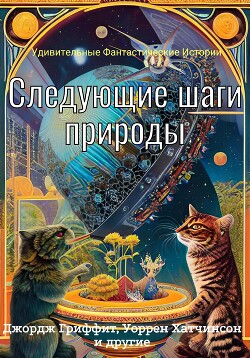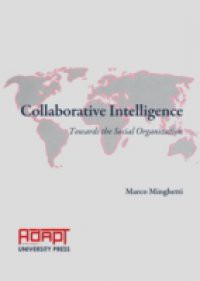This timely volume moves away considerably from traditional topics investigated in studies of multilingualism and linguistic identity to propose new analytical approaches that investigate postcolonial societies from the standpoint of their specific internal structures. The book uses postcolonial multilingual societies as gateways into complex webs of identity construction and group boundary definition, the interplay and functions of oral (indigenous) and written (foreign) languages in multilingual communities, the birth of new diaspora generations at home and abroad, the redefinitions of gender roles, and the impact of linguistic identities on the different nation states focused upon in the contributions."This book could not be published at a better time. The contributors present informative facts about the complex dynamics of the co-existence of ex-colonial languages with the ancestral languages of their new speakers, and about how, on the one hand, they are embraced by some as socio-economic assets and, on the other, they are treated by others as alienating colonial legacies. The reader will learn about various "ecological" factors that have contributed to the indigenization of English, the maintenance or revitalization of indigenous languages, and the emergence of new cultural identities that foster new forms of linguistic diversity in Asia and Africa. This book is a gold mine of information about postcolonial identity in Africa, Asia, Ireland, and the Americas."Prof. Salikoko S. MufweneDistinguished Service Professor of Linguistics and the CollegeUniversity of Chicago


















